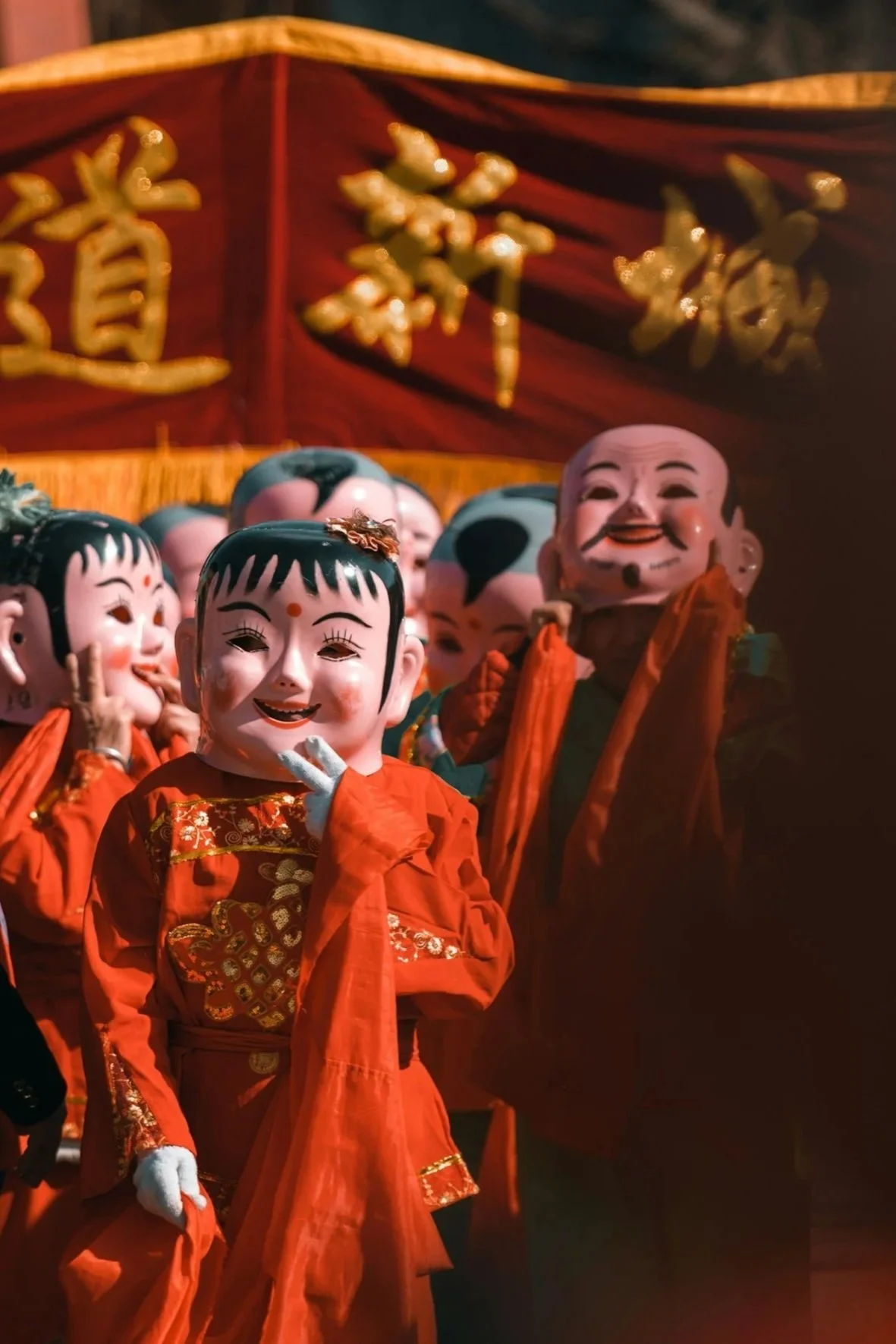What Self-Love Means in Chinese Culture
Self-love isn’t just me — it’s we.
When you hear “self-love,” what comes to mind? For many of us westerners it’s about confidence, affirmations, or maybe a little extra self-care on the weekend. But in Chinese culture, self-love is understood in a much broader way. It’s not just about me — it’s about me in relation to others.
A fascinating study from Southwest University in China A Qualitative Exploration of Chinese Self-Love explored how people there define and practice self-love. What they found highlights a powerful truth: loving yourself isn’t only about you — it’s about your family, your community, and even society as a whole.
Four Dimensions of Self-Love
One of the most powerful findings from the Chinese study is that self-love is not just about the self in isolation. Instead, it unfolds across four interconnected dimensions: self, family, others, and society. Together, these create a picture of self-love that is holistic and deeply relational.
1. Self
At its core, self-love begins with how we care for and respect ourselves. This includes:
Protecting our health and well-being.
Respecting our bodies, dignity, and emotions.
Accepting who we are while striving to grow.
In Chinese culture, loving yourself also means protecting your reputation and acting with integrity. The idea is: if you truly cherish yourself, you won’t do things that damage your body, your name, or your character.
2. Family
Unlike many Western perspectives that focus heavily on the individual, the Chinese view of self-love places strong emphasis on family. To love yourself is also to honor your responsibilities at home.
This means:
Caring for parents, children, and loved ones.
Avoiding becoming a burden to the family.
Living in ways that bring harmony rather than stress to the household.
In Confucian thought, filial piety (showing respect and care for one’s parents) is seen as the root of virtue. Self-love, then, is not separate from family love — they grow together.
3. Others
Self-love also extends outward to the people we interact with day to day. When we treat ourselves with care, it naturally shapes how we treat others.
This includes:
Being kind, respectful, and considerate to those around us.
Avoiding behaviors that embarrass or harm others.
Recognizing that by loving ourselves well, we can show up better in our friendships, workplaces, and communities.
Here, self-love is not self-centered — it’s relational. It makes life easier and more meaningful for both ourselves and those we connect with.
4. Society
Finally, self-love in Chinese culture has a social dimension. To love yourself is also to take responsibility for your place in society.
This might look like:
Living in line with social norms and laws.
Contributing positively to community life.
Striving to realize your own value while respecting and supporting the larger whole.
Confucian philosophy ties this directly to harmony: when individuals practice self-love with responsibility and restraint, it benefits not only them but also the wider society.
East Meets West
What’s especially interesting is how these findings differ from Western views of self-love.
In many Western contexts, self-love is often about autonomy, self-expression, and self-esteem. It’s tied to individual rights and personal growth.
In Chinese culture, self-love emphasizes responsibility, moral integrity, and balance — connecting the self to family, community, and society.
Both perspectives are valuable. One prioritizes inner empowerment; the other, harmony with the larger whole. Together, they give us a fuller picture of what self-love can be.
Together, these four dimensions show that in Chinese culture, self-love is a web of relationships. It begins within, but it naturally flows outward — first to family, then to others, and finally to society at large.
This perspective challenges the idea that self-love is “selfish.” Instead, it frames it as the foundation for harmony: by taking care of ourselves, we create the conditions to care for others and to contribute meaningfully to the world around us.
Until next time remember…To love oneself is the beginning of a lifelong romance. (Oscar Wilde) so keep at it.
Love,
SLS famil
